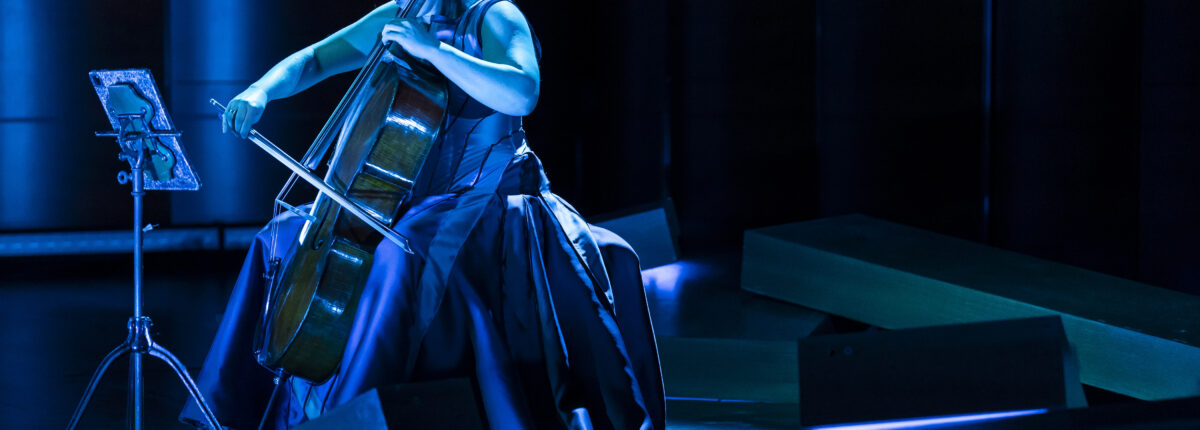“FRAGMENTS” premieres at Charleston’s Spoleto Festival
Alisa Weilerstein is performing the first rendition of the complete cycle of her “FRAGMENTS” project at the 2025 Spoleto Festival USA. Having enjoyed a close relationship with the Charleston-based festival for the past 15 years, she will give the world premiere performances of FRAGMENTS 5 & 6 at Spoleto during a weeklong residency that sees her perform all six programs of the series in succession for the first time (May 27–June 1).
The cellist first conceived “FRAGMENTS” during the early pandemic lockdowns, when she set out to reimagine the concert experience. Comprising six programs, each an hour long, the series interweaves the 36 movements of Bach’s solo cello suites with 27 newly commissioned works in an immersive, multisensory production.
The commissioned composers are Andy Akiho, Courtney Bryan, Chen Yi, Alan Fletcher, Gabriela Lena Frank, Osvaldo Golijov, Joseph Hallman, Gabriel Kahane, Daniel Kidane, Thomas Larcher, Tania León, Allison Loggins-Hull, Missy Mazzoli, Gerard McBurney, Jessie Montgomery, Reinaldo Moya, Jeffrey Mumford, Matthias Pintscher, Gity Razaz, Gili Schwarzman, Caroline Shaw, Carlos Simon, Gabriella Smith, Ana Sokolović, Joan Tower, Mathilde Wantenaar, and Paul Wiancko. Ranging in age from 26 to 83, they are similarly diverse with respect to race, gender, geography, compositional approach, musical style, and stage of career.
To all 27, Weilerstein gave the same compositional prompt, asking each to write ten minutes of music in two or three standalone fragments. She then integrated the new works with Bach’s music to create the six installments of “FRAGMENTS,” each of which traces a powerful and wholly original emotional arc. To help audiences connect with the music, she collaborated with artistic producer and advisor Hanako Yamaguchi, director Elkhanah Pulitzer, costume designer Carlos J. Soto, and lighting and set designer Seth Reiser. Weilerstein explains:
“At its core, ‘FRAGMENTS’ is about connection. I wanted to find new ways of connecting audience with performer, the familiar with the new, and composers of varying generations and backgrounds with one another.”
Read more here.
